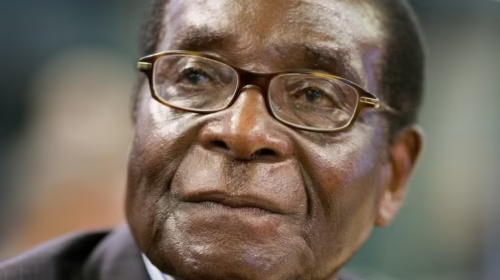Zimbabwe’s reliance on liquefied petroleum gas (LPG) continues to grow, with consumption expected to reach 70 million kilograms in 2024, up from 66 million kilograms in 2023, according to ZERA.
The persistent electricity crisis, marked by power outages lasting up to 18 hours daily, has driven many households and businesses to turn to LPG as a reliable alternative.
In 2022, Zimbabwe’s LPG usage stood at 59.89 million kilograms, reflecting a steady rise from 56.78 million kilograms recorded in 2021. This upward trend highlights the shift to alternative energy.
During a media stakeholder engagement in Bulawayo, Andrew Guri, ZERA’s Head of Petroleum Department, revealed that Zimbabwe now leads Southern Africa in gas usage per capita.
Guri emphasized that no other country in the region has embraced LPG like Zimbabwe. He noted the growing interest from neighboring nations, such as Zambia, eager to learn from Zimbabwe’s experience.
The transition to LPG has been remarkable, with consumption increasing from under 1 kilogram per person annually in 2012 to approximately 4.5 kilograms per person today, reflecting significant adoption.
This shift aligns with global trends toward cleaner energy sources. Guri described LPG as the “modern fuel” and emphasized its role in renewable energy transitions across the country.
Zimbabwe’s LPG record has positioned it as a leader in energy adaptation, outpacing regional peers who still rely heavily on traditional fuels for cooking and heating needs.
The adoption of LPG underscores the urgency for alternatives as electricity shortages persist, leaving citizens with limited options to meet their daily energy requirements.
ZERA remains optimistic about the increasing use of LPG, viewing it as a sign of progress in modernizing the country’s energy consumption patterns and reducing dependence on conventional power.
As households and businesses adjust, the government and energy stakeholders face growing pressure to ensure the affordability and availability of this vital resource amid surging demand.
Zimbabwe’s success story with LPG serves as a model for other nations seeking to embrace cleaner, more efficient energy options in the face of evolving challenges.













